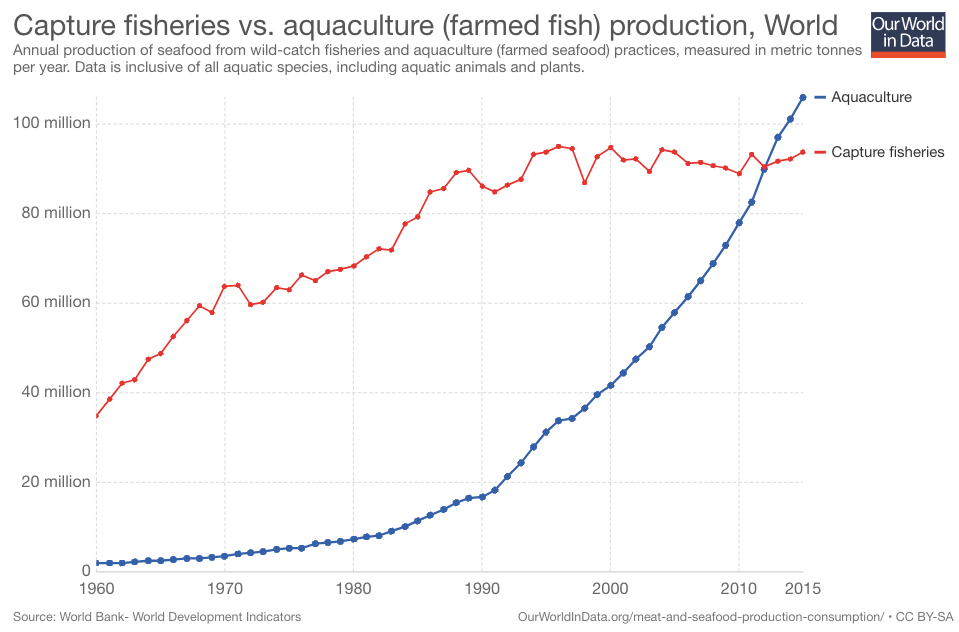What We’re Reading
A few good articles the Collab team came across this week …
Turning a corner
Food for thought on overcoming a slump:
KLEINER: What would have to happen to turn the corner this time?
PEREZ: The last time a period of crisis ended, after World War II, there was a concerted effort by many government and business leaders to create a unified, prosperous, long-lasting recovery. The Marshall Plan, the Bretton Woods Agreement, the conversion of wartime industries to peace, and the rebuilding of Europe and Japan all played a role. Unfortunately, today’s leaders haven’t yet taken on the role they played at this point in past surges. Their stepping up last time was a catalyst for ending the crisis.To get there, perhaps we need to have a crisis that is truly felt as a crisis. That seems to be the self-correction mechanism of capitalism; things need to get so bad that stability gets threatened seriously. Even at the worst part of the financial crisis in 2008, the threats weren’t felt sufficiently strongly by enough decision makers.
Funding
What it takes to raise a subsequent round:
I only see Series As and Series Bs happening when one or more of the following conditions are met: (a) An elite executive team (bonus if they know the VC already). “the team test“; (b) Highly demonstrable month-over-month or even quarter-by-quarter growth in key metrics. “the metrics test“; and/or (c) A well-reasoned, detailed roadmap and vision for taking the company from Point A to Point B. “the communications test” — Most seed-stage companies don’t have these (yet). I advise anyone serious about raising Institutional VC to ponder these conditions.
Cohort
The new generation of workers just entering the workforce:
The survey’s findings suggest the cohort places a priority on “building something better and leaving something better for future generations,” Mr. Nash says. “They want to have a purpose in their work.”
Gen Z’s optimism has been reflected in other surveys. This year Goldman Sachs Group Inc. surveyed 1,700 of its summer interns and found the vast majority planned to get married or form domestic partnerships and have children. Some 83% also expected to buy a house by the time they were 40 and 63% planned to buy a car by age 30.
Judgement
This explanation of white collar criminals is important:
“You think the regulations are uncalled-for,” he said. “Even though you might be breaking them, you’re really not doing a bad thing, because they were bad regulations.”
Education
Americans are losing faith in the value of a college degree, with majorities of young adults, men and rural residents saying college isn’t worth the cost, a new Wall Street Journal/NBC News survey shows.
Food
Fish farms now outnumber wild catches:

Have a good weekend.